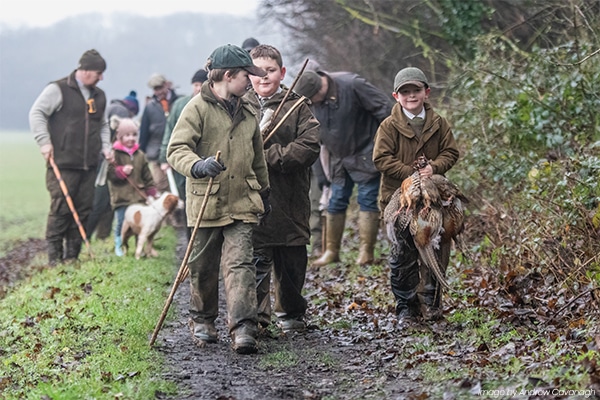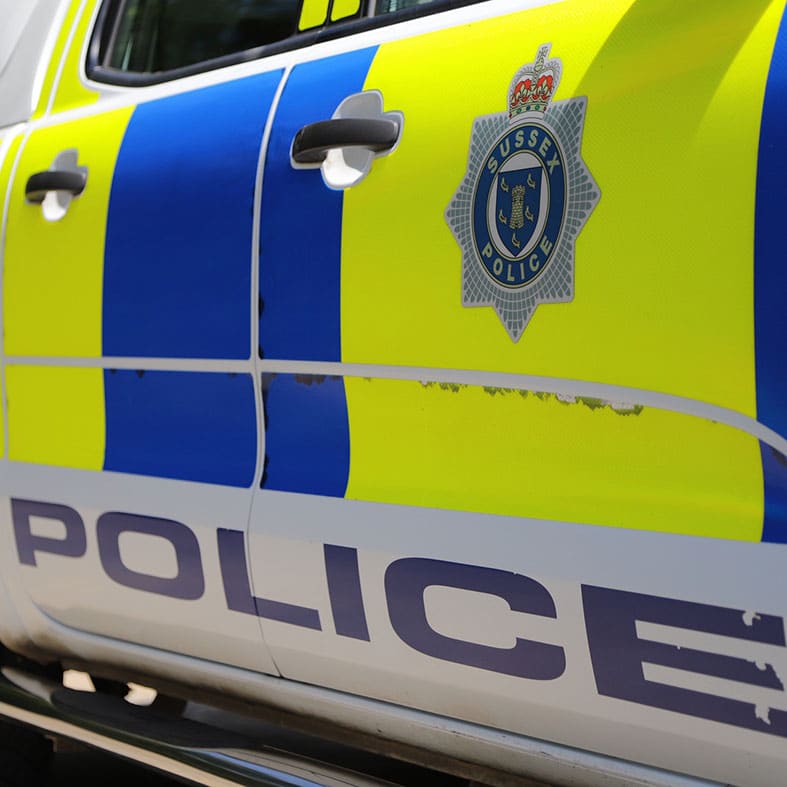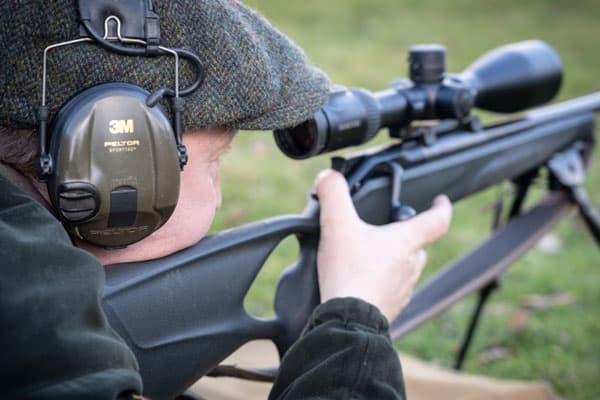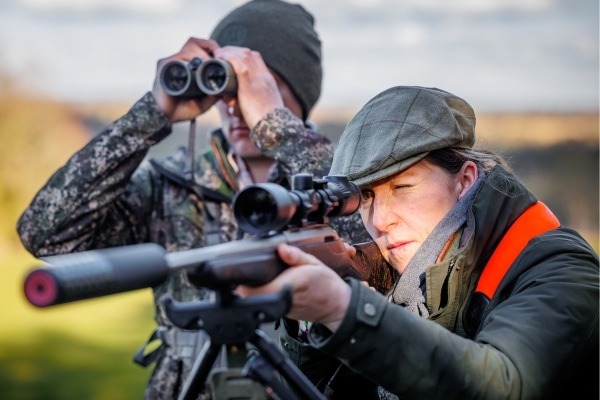
Young people
Important information on the use of airguns, rifles and shotguns by children and young people, including borrowing guns.
Get information on the legal shooting season for mammals and birds in the UK.
Apply for funding for your project or make a donation today
Comprehensive information and advice from our specialist firearms team.
Everything you need to know about shotgun, rifle and airgun ammunition.
Find our up-to-date information, advice and links to government resources.
Everything you need to know on firearms law and licensing.
All the latest news and advice on general licences and how they affect you.


Home » Firearms » Police involvement in shooting » Be cautious about cautions
It is difficult to provide generic advice on what firearms licence holders should do if they find themselves in a situation which might lead to police involvement. The range of issues and likely circumstances are too numerous.
Examples might include actual assaults, direct threats, fights with poachers, or in one case the suggestion that a client ‘might’ respond to trespassers on his land while armed. And of course, there are issues around domestic violence. I suppose, however, that when it comes to a confrontation, the golden rule must be, don’t get involved.
Easy to say – there will likely be circumstances where you have no choice. In those circumstances, remember that you must try to remain calm and in control. Think about the way your actions might be interpreted and think about evidence. CCTV footage and eyewitness accounts may come across very differently to your recollection of events. Think about how you might obtain your own evidence – for example virtually everyone carries a phone these days which can record sound or take videos.
Consider carefully the issue of making a report to the police. Often, the person who reports an incident to the police first has the upper hand. The complaint will be investigated. A prompt report suggests that you have nothing to hide.
The Home Office guidance provides further advice to police on the issue of domestic violence. You can find the amended guidelines here: http://bit.ly/19ueGOI.
A cursory glance reveals the guidelines are not focussed on acts of actual violence. Domestic violence is much more widely defined. However, it can be an opportunity for an unhappy spouse or partner to embellish or even make up allegations knowing that it will set all sorts of hares running. It is a difficult judgement to make but you might consider in these circumstances temporarily lodging your guns with an RFD. This removes the need for urgent intervention by the police and shows a responsible attitude.
In my experience the attitude of the client is often crucial in determining the way the police choose to deal with them. Remember your legal rights and don’t be afraid to assert them – but do so politely. Police officers are only human – however much they are trained to remain objective, if you antagonise them they are unlikely to want to be flexible with you.
If you find yourself arrested and in custody or subject to an interview under caution, a good lawyer is a must. Remember that an interview under caution is never just a “friendly chat”. Make no mistake, the interview process is a powerful prosecutorial tool designed to elicit evidence from you which is admissible against you.
Cautions are a peculiar creature and their use is becoming more common. I wonder whether they are becoming a method of tidying up case files without the need to test evidence in court.
A few key features to remember about cautions: Firstly, they are an admission of guilt. Secondly, they are recorded. Although they are immediately treated as a ‘spent’ conviction, they remain on your record. Anybody who sees a DBS check will therefore see your caution. Thirdly, they can (obviously) be considered when assessing character.
Even where no conviction or caution results from an incident, firearms licensing officers may still review the information and rely upon it as evidence to revoke or refuse and as evidence in subsequent appeal proceedings.
If you have accepted a caution however, a court hearing an appeal may not wish to look behind the fact of the caution. With no caution you are left with a free hand to explain the background.
I am frequently consulted by clients who are coming under pressure from the police to accept a caution or face court proceedings. My view is that a case is either suitable for a caution or it is not – no conditionality should be placed around an offer to caution.
Don’t be pressured into accepting a caution – contact your solicitor and tell him or her that you hold a certificate – they may not always ask.
Got a question? Email us on firearms@basc.org.uk or call 01244 573 010.
© BASC July 2023

Important information on the use of airguns, rifles and shotguns by children and young people, including borrowing guns.

This course is offered as a bespoke service to zoos and safari parks, which can be tailored to meet specific needs.

Explaining the law around what you can and can’t do when it comes to borrowing a rifle for use on private premises.
Sign up to our weekly newsletter and get all the latest updates straight to your inbox.
© 2025 British Association for Shooting and Conservation. Registered Office: Marford Mill, Rossett, Wrexham, LL12 0HL – Registered Society No: 28488R. BASC is a trading name of the British Association for Shooting and Conservation Limited which is authorised and regulated by the Financial Conduct Authority (FCA) under firm reference number 311937.
BASC Direct Ltd is an Introducer Appointed Representative of Agria Pet Insurance Ltd who administer the insurance and is authorised and regulated by the Financial Conduct Authority, Financial Services Register Number 496160. Agria Pet Insurance is registered and incorporated in England and Wales with registered number 04258783. Registered office: First Floor, Blue Leanie, Walton Street, Aylesbury, Buckinghamshire, HP21 7QW. Agria insurance policies are underwritten by Agria Försäkring.
If you have any questions or complaints about your BASC membership insurance cover, please email us. More information about resolving complaints can be found on the FCA website or on the EU ODR platform.